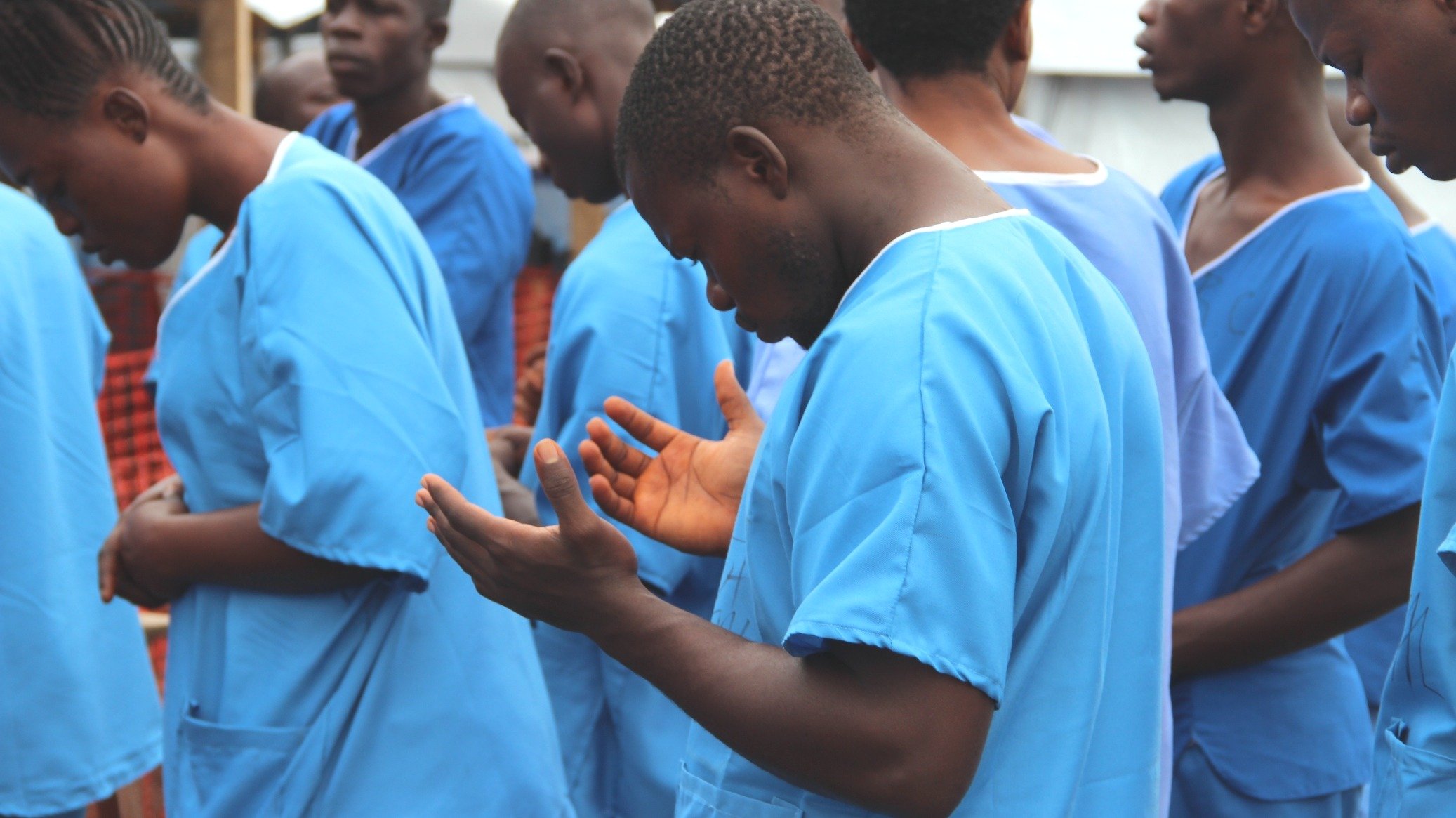Every week our global network of specialist correspondents share some of their top picks of recent must-read research, interviews, reports, blogs and in-depth articles to help you keep on top of global crises. We also highlight key upcoming conferences, book releases and policy debates.
Five to read:
Effort on Ebola Hurt W.H.O. Chief
The New York Times puts Margaret Chan’s eight-year leadership of the World Health Organization (WHO) under a spotlight. It asks tough questions of the body’s response to recent health events, most especially the West African Ebola outbreak, and is an interesting, unflattering assessment of the WHO’s mandate and approach. Many misunderstand what the WHO does and how it fits into the wider UN family, but this article does a good job at setting things straight as well as explaining some of the background politics to UN appointments.
The Unravelling: A Journey through the Central African Republic Crisis
This compelling multimedia Human Rights Watch (HRW) report takes you deep into the Central African Republic (CAR), using maps, photographs, video footage and interviews to explain the complexities of the crisis there and the impact that is having on ordinary citizens. Narrated by HRW’s Director of Emergencies, Peter Bouckaert, with images from photographer Marcus Bleasdale, it is an arresting but important read, although some have questioned the decision to make a human rights researcher so central to the narrative. Are HRW overstepping their mandate, or simply filling in gaps media outlets should be occupying but for the most part aren’t ?
A broken system for a broken people
The BBC’s Chief International Correspondent Lyse Doucet outlines the size and severity of humanitarian crises going into 2015 – including the new phenomenon of “ghost boats” and Lebanon’s plans to block entry to Syrian refugees – and raises questions about whether the current system is fit for purpose. It’s not a new debate, and some of the points she raises we tackled in an article in December looking at cash shortages at the World Food Programme (WFP), but nonetheless, this is an interesting analysis of the ongoing challenges and the growing need to find new and alternative ways of working.
Doctors Without Borders And The Fight Against Ebola
Médecins Sans Frontières (MSF), also known as Doctors Without Borders, has become a regular feature on the news agenda, its staff speaking out about UN and donor responses to crises like Ebola and the violence in the Central African Republic. This Bloomberg Business Week article takes a deep dive into the organization, how it was formed over 40 years by a group of doctors rebelling against the policies of the International Committee of the Red Cross (ICRC), and looks at the reasons it operates so differently to its peers. It also details MSF’s Ebola campaign, both its advocacy and on-the-ground action, and looks at the wider response to the virus.
The latest UNHCR report on displacement worldwide shows that for the first time, Syrians make up the largest single grouping of refugees under UNHCR protection - overtaking Afghans who had been the largest group for three decades.
To listen to:
A hell of a job - you might have to deal with the devil
John Holmes and Jan Egeland, two former heads of the UN’s Office for the Coordination of Humanitarian Affairs (OCHA), are interviewed by BBC World Service radio about the delicacies of negotiating humanitarian access with terror groups and dictators. They are also asked for their views on the current OCHA chief, Valerie Amos, who is due to step down from her post in March this year. An important listen for humanitarian workers and aid skeptics alike.
Coming up:
Water and Sustainable Development: From Vision to Action
This is the final year of International Decade for Action ‘Water for Life’ campaign, which began in 2005, so expect water issues to take up plenty of space on the development agenda in the coming months. The first big meeting takes places from 15 to 17 January in Zaragoza, Spain, bringing together 300 delegates from UN Agencies and programmes, the business community, and governmental and non-governmental organizations. It is one of several events building up to the UN’s World Water day, which is due to take place in March.
From IRIN:
Aid and the Islamic State
In case you missed it over the December break, IRIN teamed up with the Humanitarian Policy Group (HPG) at the Overseas Development Institute (ODI) in London to produce a Crisis Brief looking at aid access territory controlled by the group calling itself Islamic State (IS). It tackles complex questions like whether aid is propping up IS; whether agencies have compromised their principles - and put themselves at risk of criminal prosecution - to gain access; and what lessons we can learn from past experiences in Afghanistan and Somalia to ensure the most vulnerable people in Iraq receive support.





